)
In today's dynamic business landscape, navigating evolving challenges is crucial for maintaining competitiveness and fostering successful partnerships. This article explores the significance of supplier value creation in a B2B environment and how companies, with a focus on Charter Controls, are adapting to new market realities and technological advancements to stay ahead.
As we delve into these complexities, it's essential to understand how customer expectations in a B2B environment are shifting, particularly in terms of technology and logistics. Customers now expect their suppliers to bring value to every aspect of their business, both directly and indirectly. This includes leveraging technology to offer a streamlined, autonomous purchasing experience, providing clear and accessible information, and ensuring the availability of pertinent data when needed. There has also been a growing focus on logistics, encompassing service quality, costs, and timeliness.
The Impact of Global Dynamics
Adding to these customer-centric challenges are broader market forces that are reshaping the industrial landscape. New geopolitical tensions, including emerging conflicts affecting shipping routes, are now exacerbating these challenges. These developments further inflate the costs of goods and complicate logistics, making it increasingly difficult for the industrial electrical industry to maintain its competitive edge.
These global dynamics have a direct impact on businesses at a micro level. One of the most pressing issues is the financial health of companies in this turbulent economic climate. UK control panel builders, along with numerous other industries, have faced challenges in recent years. While the pandemic's impact has normalized, the lingering effects of chip shortages, geopolitical tensions, Brexit repercussions, and sterling's volatility continue to influence the business landscape. This convergence of factors has led to sustained increases in product and shipping costs globally.
Exploring New Opportunities
In response to these widespread challenges, businesses are exploring new opportunities. A key area of focus is how engineering and procurement teams adapt to changing market conditions. Charter Controls is leveraging technology and innovation not only to drive growth but also to better understand customer needs and enhance their competitiveness in a rapidly evolving market. This ongoing adaptation has allowed smaller component suppliers to demonstrate the capability and quality of their products at reasonable and justifiable prices. This approach has not only earned them customer trust but also empowered them to deliver timely services to their clients, enhancing their ability to compete and improve profit margins.
Charter Controls: Adapting and Thriving
A prime example of this adaptive strategy can be seen in the journey of Charter Controls, a company that has proactively embraced these market shifts. Originally known as Unipower UK Ltd and a family-run business since 1992, Charter Controls has long been a global sourcing agent for high-value service providers and distributors. With a commitment to 'working for our customers,' Charter Controls has successfully forged further strategic partnerships, driving consistent growth over the years. As an appointed manufacturers' agent, the company has carved out a unique position in the market. By offering control panel components at competitive prices, Charter Controls enables UK panel builders to reduce their purchasing costs and avoid lengthy project delays. In response to this growth and to better serve its customers, Charter Controls has recently moved to a larger facility. This expansion not only accommodates the company's growth but also allows them to offer a wider range of products and maintain a more extensive stock profile, ensuring next-day delivery. Their commitment to innovation is an integral part of their strategy to advance and protect their enterprise in an intelligent, agile, and scalable way.
The Importance of Value-Added Services
Beyond specific company responses, there is a broader perspective to consider, especially in the realm of value-added products and services. Undoubtedly, value-added products and value-added services go hand in hand, and should be considered as being just as important as each other in a B2B environment. Indeed, it is Charter Controls’ belief that, as a supplier, there must be an emphasis on keeping up to date, as well as continuously seeking ways to improve customer interaction and the purchasing experience, including making use of appropriate technological advancements.
While focusing on external strategies and technological solutions, it's equally important to recognize the internal cornerstone of business success: the workforce. The paramount asset of any company is its workforce. Maximizing their time efficiency directly translates to increased profits. This approach unveils hidden costs that often go unnoticed but can significantly impact the bottom line. By adopting strategies that leverage value-add suppliers like Charter Controls, companies are not just saving resources but are also presented with a beneficial opportunity: deciding the most effective way to reinvest the time and financial savings back into their business!




